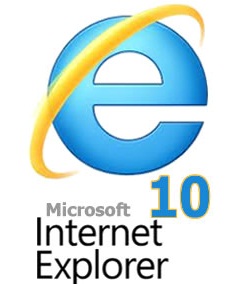Yahoo to ignore IE10’s default ‘Do Not Track’ signal
 In a recent announcement which will apparently deliver a blow to industry negotiations for the implementation of a `Do Not Track' (DNT) option for all Internet users, Yahoo said on Friday that it will ignore the default DNT signal transmitted by Microsoft's Internet Explorer 10 (IE10) browser.
In a recent announcement which will apparently deliver a blow to industry negotiations for the implementation of a `Do Not Track' (DNT) option for all Internet users, Yahoo said on Friday that it will ignore the default DNT signal transmitted by Microsoft's Internet Explorer 10 (IE10) browser.
Yahoo's announcement implies that it will pay no heed to IE users' requests for not to be tracked online; and, as such, hits Microsoft's efforts to reinforce privacy protections on IE. Microsoft had announced support for the DNT feature way back in 2009; and has enabled the feature by default with its newest IE10 version.
While a DNT option is presently offered by all of the leading web browsers, the option needs to be turned on by the users to send requests to third-party advertisers that they browsing activity should not be tracked.
However, Microsoft had said in a June announcement that it intends making DNT option a default setting in IE10 --- a move which clearly has not gone down well with Yahoo.
Noting that Yahoo primarily believes that "DNT must map to user intent", and that "online experience is better when it is personalized," the company said in its blog post: "Although Yahoo will continue to offer Ad Interest Manager and other tools, we will not recognize IE10's default DNT signal on Yahoo properties at this time."